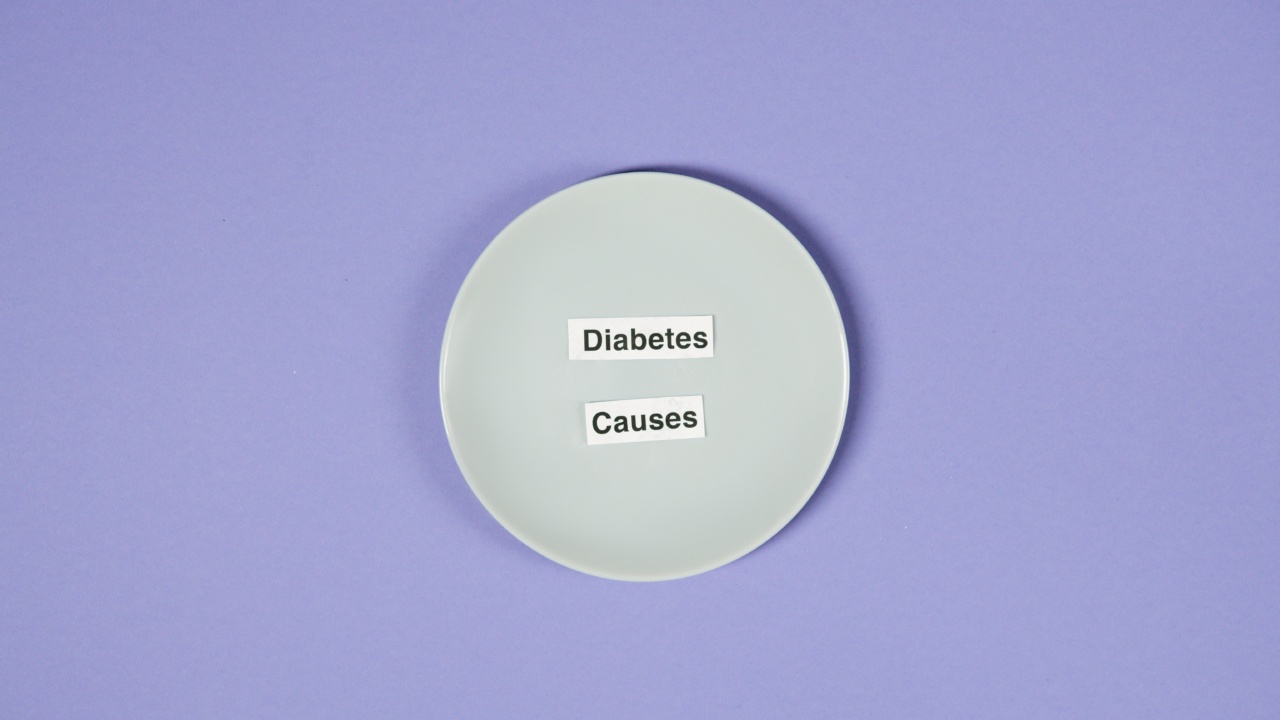Bruises are a common occurrence and are usually caused by injury or trauma to the skin. They occur when small blood vessels under the skin break and leak blood into the surrounding tissues.
While bruises are typically associated with accidents or physical impact, there are some paradoxical causes that may surprise you. In this article, we will explore the top 5 paradoxical causes of bruises.
1. Medications
Believe it or not, certain medications can increase your risk of bruising. Blood thinners, such as aspirin and warfarin, can make it easier for blood vessels to break and lead to bruises.
Similarly, anti-inflammatory drugs like ibuprofen can interfere with the body’s ability to clot blood properly, resulting in more frequent bruising.
2. Aging
As we age, our skin becomes thinner and loses some of its protective fatty layer. This makes it more susceptible to injury and bruising.
Additionally, the blood vessels in our skin become more fragile and prone to bursting, leading to the appearance of bruises even from minor bumps or knocks.
3. Vitamin Deficiencies
Deficiencies in certain vitamins can weaken the blood vessels and increase the likelihood of bruising. Vitamin C is essential for the formation of collagen, a protein that helps support the blood vessels.
Without enough vitamin C, the blood vessels become more fragile and prone to bruising. Similarly, low levels of vitamin K, which is involved in blood clotting, can lead to excessive bruising.
4. Diabetes
Diabetes is a condition that affects the body’s ability to regulate blood sugar levels. High blood sugar can cause damage to the blood vessels, making them more susceptible to easy bruising.
Additionally, diabetes can impair the healing process, prolonging the lifespan of bruises and making them more visible.
5. Sun Exposure
While most people associate sun exposure with sunburns and skin damage, prolonged exposure to the sun can also increase the risk of bruising. The ultraviolet (UV) rays from the sun can weaken the blood vessels and make them more prone to breaking.
This can result in the appearance of bruises, especially on sun-exposed areas like the face and arms.
Conclusion
Bruises are often thought to be caused by physical impact or injury, but these paradoxical causes show that there can be more to it.
Medications, aging, vitamin deficiencies, diabetes, and sun exposure are all factors that can increase the likelihood of bruising. If you notice that you bruise easily or frequently, it is important to consult with a healthcare professional to rule out any underlying health conditions or medication side effects.




























